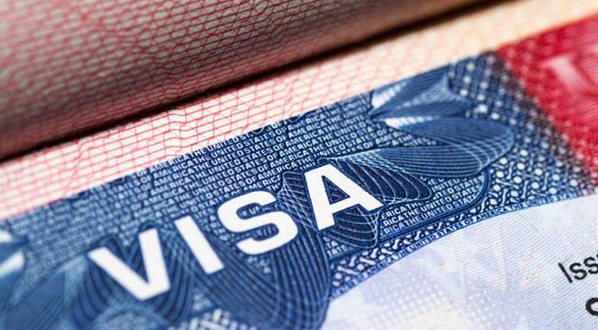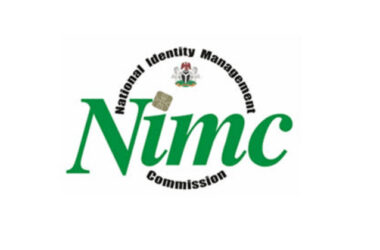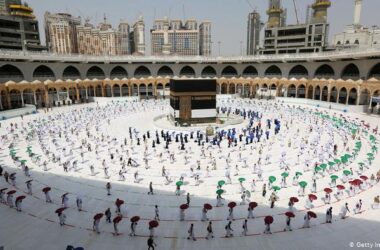The United States government has rolled out a revised structure for non-immigrant visa application fees, which will affect thousands of Nigerian and foreign travelers seeking short-term visits to the U.S. The new rates are effective from May 2025 and apply across all U.S. embassies and consulates, including those in Abuja and Lagos.
According to the U.S. Department of State, these updated fees cover various categories of non-immigrant visas such as business, tourism, student, work, and exchange visas. The changes are expected to affect a large number of applicants, especially those traveling for study, temporary employment, or personal visits.
In a formal statement, the U.S. government confirmed that these adjustments would be implemented globally, not just in Nigeria. Some of the most common visa types affected include the B-1/B-2 visas for business and tourism, F-1 student visas, H-1B visas for specialized workers, and the K visa for foreign fiancé(e)s of U.S. citizens.
Each applicant is required to pay the revised fees during the application process. These fees are mandatory and non-refundable, even if the visa is denied. The State Department also notes that the cost for each category has been carefully reviewed to reflect the real cost of processing and service delivery.
A breakdown of the new visa fees shows that categories such as visitor, student, crew member, and exchange visas will now cost $185. More specialized visas like those for treaty traders, religious workers, and fiancé(e)s may have different rates based on their specific category and purpose.
The U.S. Embassy notes, “These updated fees apply strictly to non-immigrant visa categories,” which means they do not affect immigrant visas intended for those planning to live permanently in the United States.
Nigerians applying for any U.S. non-immigrant visa are urged to carefully check the current fee schedule and prepare accurate documentation before submission. Ensuring all payment steps are completed properly is essential to avoid unnecessary delays or processing issues.
For those traveling under special categories such as cultural exchange or journalism, the visa fee changes also apply. For example, individuals assisting U.S. law enforcement as victims of trafficking or criminal activity will pay $185 under the new structure.










